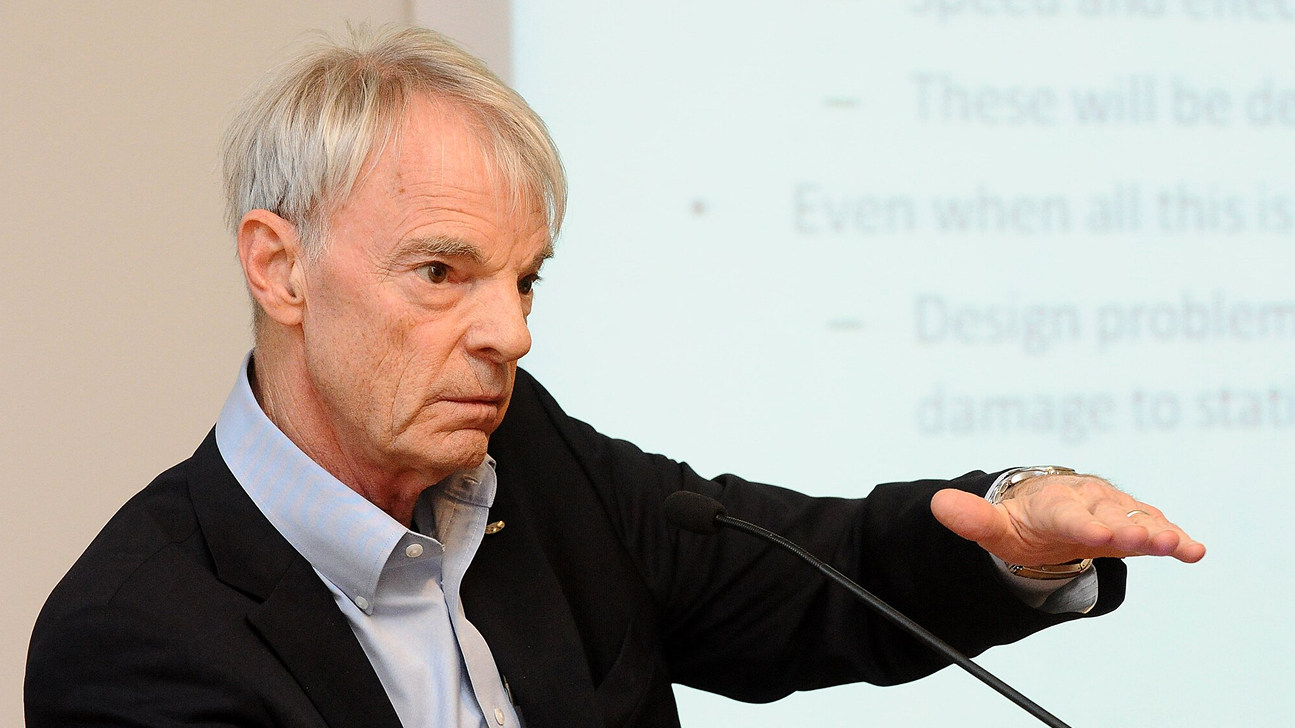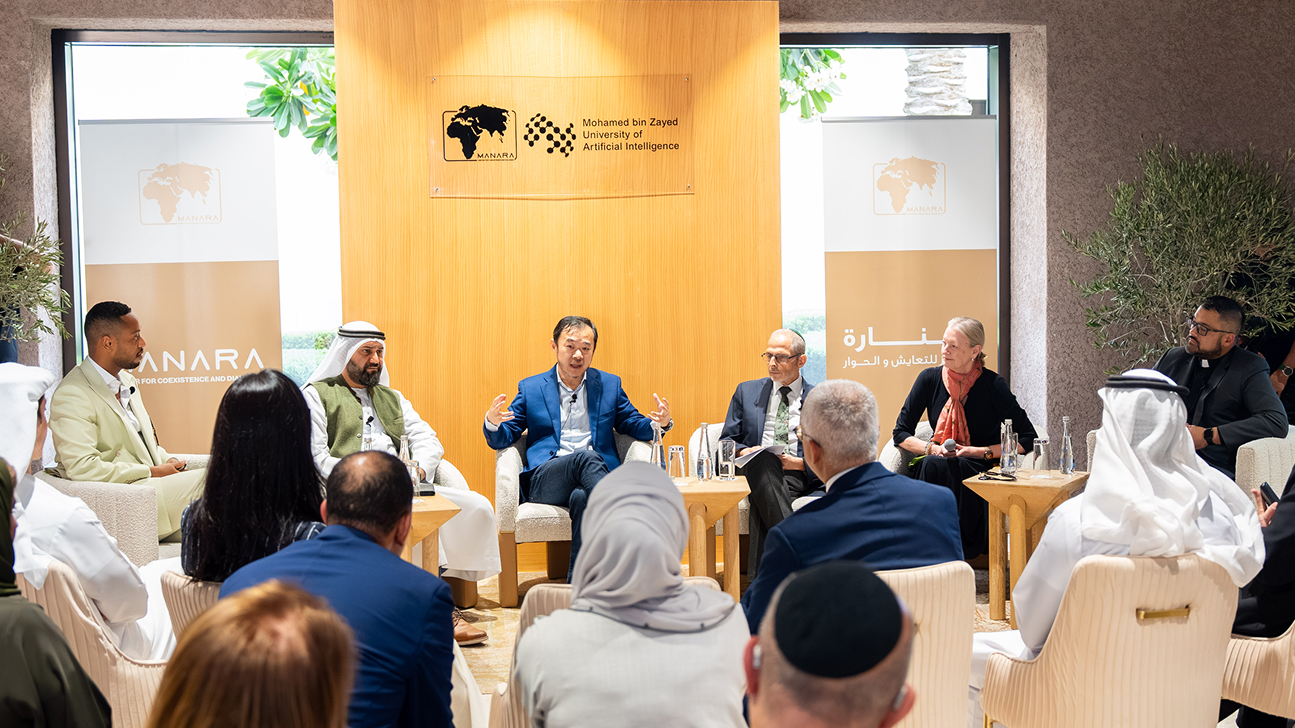Self-Supervised Learning AI and AI for Molecular Biology
Monday, May 01, 2023
Learning visual representations in an unsupervised fashion has attracted much attention as it greatly reduces the cost of collecting a large volume of labeled data to train deep networks. Among them are a family of contrastive learning methods that self-train deep networks by distinguishing the representation of positive queries from their negative counterparts. In this talk, I will discuss our method, Adversarial Contrastive Learning (AdCo), and the Cooperative-adversarial Contrastive Learning (CaCo) algorithm, which improve the quality of positive and negative samples in an end-to-end fashion to boost self-supervised learning.
In life sciences, determining the structures and functions of macromolecules, such as proteins and protein complexes, is essential because they are the most significant working molecules in a cell. Here, we will discuss our method, CryoREAD, a fully automated structure modeling framework to build DNA/RNA structures from cryo-electron microscopy (cryo-EM) maps. Finally, we will present our possible future works in deep learning for drug discovery and self-supervised learning algorithms for science to learn from limited labels.
Post Talk Link: Click Here
Passcode: HUT+4a6m
Speaker/s
Xiao Wang is a Ph.D candidate at the Department of Computer Science, Purdue University, advised by Professor Daisuke Kihara. His research interests lie in self-supervised machine learning, AI for science, computational biology, and computer vision. In particular, he is interested in contrastive learning and macromolecular structure modeling and evaluation from cryo-EM maps. Xiao's first-author research has been published in top-tier journals and conferences, such as Nature Methods, IEEE-TPAMI, Nature Communications, IEEE-TIP, IEEE-TNNLS, Bioinformatics, and CVPR. Notably, his algorithms on structure modeling and evaluation, including Emap2sec+ (Nature Communications) and DAQ (Nature Methods), have generated significant impact in the molecular biology community, leading to several new structure discoveries published in reputable journals such as Cell, Nature Microbiology, and Nature Communications. He is an active member of the research community and serves as an associate editor of IEEE Transactions on Intelligent Vehicles (IEEE-TIV) and a reviewer for prestigious journals such as IEEE-TPAMI, IEEE-ITS, Pattern Recognition, Bioinformatics, IEEE-TIV, ACM-TKDD, IEEE-TMM, IEEE Intelligent Systems, Frontiers in Bioinformatics, and major conferences such as NeurIPS, CVPR, ICCV, and ECCV. He has received the prestigious NSF MolSSI software fellowship and Chiang Chen Overseas Fellowship during his Ph.D. Additional information about his research and publications can be found on his website: https://xiaowang.org.
Related
Nobel Laureate Michael Spence on how AI is redefining the global economy
Nobel Prize-winning economist Michael Spence explains how AI is reshaping the economic landscape and what is needed.....
- digital policy ,
- governance ,
- Nobel Prize ,
- guest talk ,
- guest lecture ,
- economics ,
- Economy ,
- Undergraduate ,
Understanding faith in the age of AI
MBZUAI hosted a panel discussion in collaboration with the Manara Center for Coexistence and Dialogue focused on.....
- connection ,
- discussion ,
- religion ,
- spirituality ,
- faith ,
- conversation ,
- panel ,
- Human–computer interaction ,

